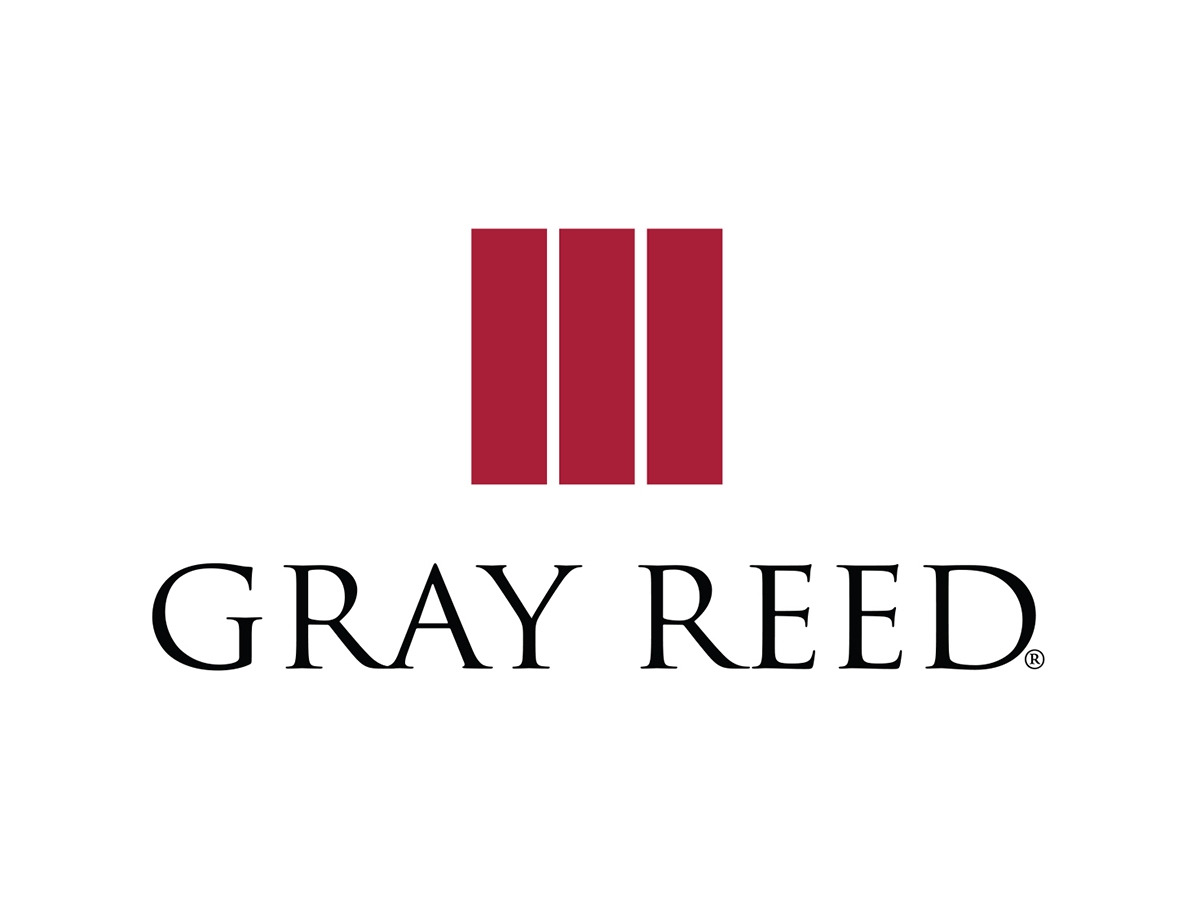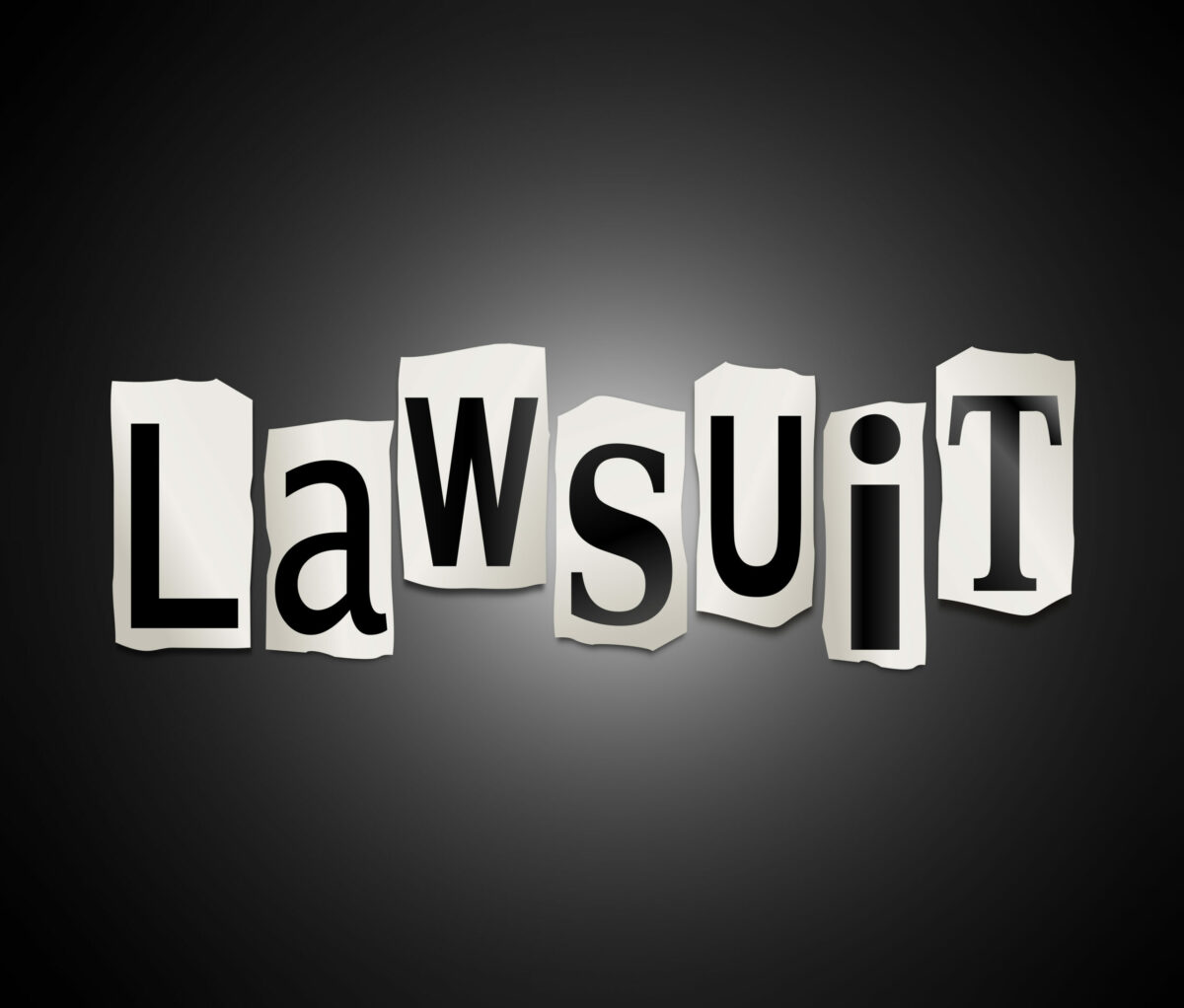AI Litigation Insights: zvelo, Inc. v Netskope, Inc. | Eversheds Sutherland (US) LLP
Our observations
Plaintiff zvelo is a Colorado-based organization that has developed a database of category-based website URLs that is incorporated into various network security and web filtering vendor offerings. This database, zveloDB, involves multiple types of propriety processes and technology, which zvelo argues “is unique and valuable intellectual property that would be both technically and practically challenging for another company to recreate independently.”
zvelo requires its customers, including defendant Netskope, to execute a strict confidentiality and non-disclosure agreement before they are allowed access to the zveloDB.
zvelo alleges that in March 2016, it entered into a License and Service Agreement (the Agreement) with Netskope, wherein zvelo licensed a full suite of products and services, including access to the zveloDB database, to Netskope. After entering into the Agreement and receiving access to the database, Netskope began to offer a service that it called the Next Generation Secure Web Gateway (the SWG), which utilized generative Artificial Intelligence. The SWG included category-based web filtering. In short, according to zvelo, Netskope used products and services provided by zvelo in order to provide category-based web filtering functionality as part of SWG, and Netskope continued to use zvelo’s proprietary technology after it did not renew the Agreement.
Netskope advertises on its website that it uses AI technology such as Natural Language Processing (NLP) and language models such as BERT to provide URL categorization and classification functionality. For AI technology to provide URL categorization and classification functionality, it must be “trained” through reviewing accurately categorized and classified URLs. According to zvelo, “the larger the training dataset, the more accurately the AI technology will be able to perform.”
Finally, zvelo further alleges that the zveloDB contains tens of millions of categorized URLs and further alleges that Netskope used its database to “create an unparalleled training set to teach the AI functionality that it now deploys as part of its URL categorization and classification service.” zvelo alleges that Netskope violated federal and state trade secrets laws by using its technology after the parties did not renew the Licensing Agreement.
By feeding zvelo’s proprietary data to its generative AI systems, zvelo argues that Netskope not only violated the prohibition in the Agreement on creating derivative works, but also publicly exposed confidential and proprietary data.
Claims for relief:
- Violation of Defend Trade Secrets Act
- Breach of Contract
- Violation of Colorado Uniform Trade Secrets Act
- Unjust Enrichment
- Injunctive Relief
The complaint was filed in the US District Court for the District of Colorado. For state law claims, zvelo alleged that Netskope wrongfully acquired and/or used and/or disclosed trade secrets within the meaning of the Colorado Uniform Trade Secrets Act (C.R.S. §§ 7-74-101, et seq.) and under common law.
We will monitor these developments closely, and update with additional analysis.
Judge’s Stats
Judge not yet assigned
Plaintiff’s Attorneys
Lead Counsel: Chad T. Nitta
Firm: Kutak Rock
[View source.]





